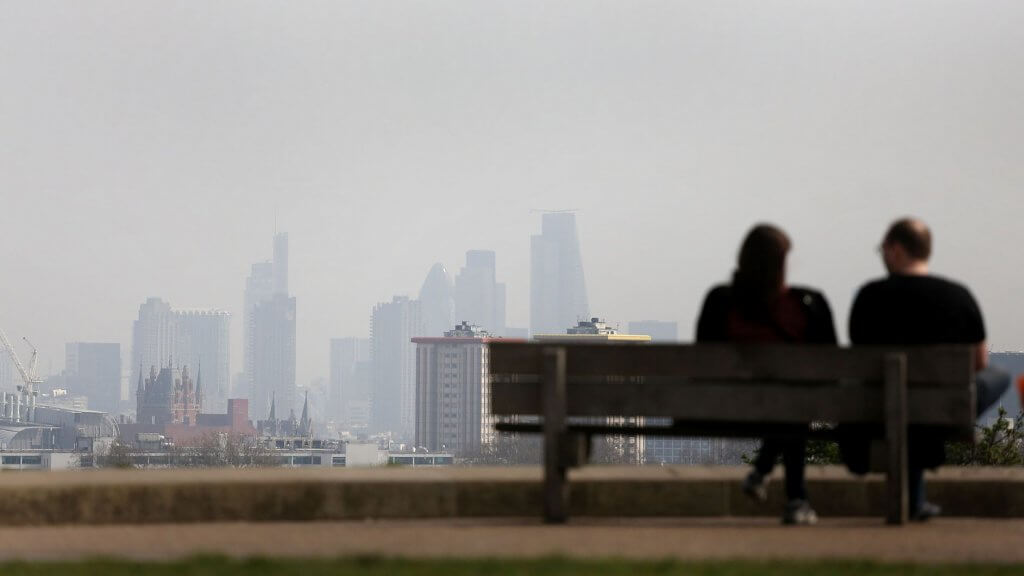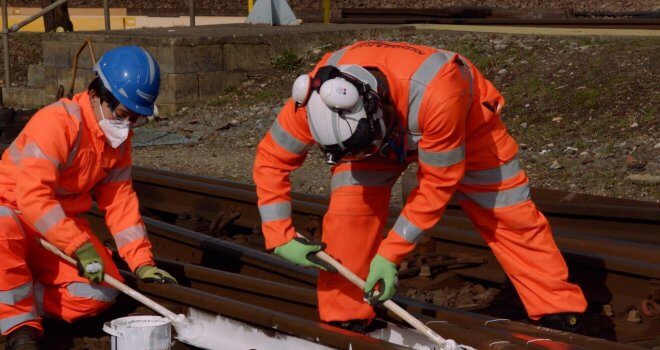Legally Binding Targets On Air Pollution And Natural Environment Planned

Targets to curb toxic air pollutants will be among a series of legally binding goals to improve the environment under plans set out by the Government.
A new Environment Bill will include a framework to put long-term legal targets in place on air and water quality and boosting nature, and include measures for dealing with plastic pollution, ministers have said.
And a new watchdog – the Office of Environmental Protection, which will be based in Bristol – will scrutinise laws, investigate complaints and take enforcement action against public authorities to uphold standards.
The regulator’s powers will cover climate change legislation and hold the Government to account on the legal commitment to cut greenhouse gases to net zero by 2050, working alongside the existing advisory Committee on Climate Change.
The long-awaited Bill, which will also enshrine environmental principles in law, is not likely to make progress as a general election is expected to be called in the coming weeks or months.
But the Bill, which builds on a series of announcements on the environment under Theresa May’s premiership, shows the Government is keen to set out its green credentials in the face of rising public concern over climate and wildlife.
Environmental principles enshrined in law, measures to improve air, water quality, tackle plastic pollution & restore habitats, new legally-binding environmental improvement targets & independent regulator all in new environment bill #QueensSpeech
— Emily Beament (@EmilyBeament) October 14, 2019
Among the measures in the draft legislation being introduced on Tuesday are plans for a legally binding target to reduce air pollutant PM2.5, a fine particulate matter.
There will also be a boost to local powers to address air pollution from domestic wood burners.
And, in the case of a repeat of the Volkswagen emissions scandal which revealed cars were emitting more pollution than tests showed, ministers will be able to demand manufacturers recall vehicles that do not meet relevant standards.
There will also be measures to ensure net gains for wildlife in new developments, with house builders required to show they have delivered a 10% boost in nature.
And after Sheffield Council faced criticism over tree-felling, the Bill also includes steps to give communities a greater say in the protection of local trees.
There will be a more consistent approach to recycling across England, a deposit return scheme for drinks containers and a mechanism for introducing a levy on single use plastics, similar to the carrier bag charge, that could be applied to items such as takeaway cutlery.
Environment Secretary Theresa Villiers said: “Our natural environment is a vital shared resource and the need to act to secure it for generations to come is clear.”
She said the Bill would lead a “green transformation that will help our country to thrive”, and would position the UK as a world leader on improving air quality, nature and managing water resources in a changing climate.
“Crucially, it also ensures that after Brexit, environmental ambition and accountability are placed more clearly than ever before at the heart of government, both now and in the future,” she added.
Joan Edwards, director of public affairs at The Wildlife Trusts, said: “Nature and the wild places it depends on are in crisis – on land and at sea – and people are crying out for decisive action.
“It is vital that this Bill kickstarts a major recovery of natural habitats and provides more space for nature to fightback – before it’s too late.”
Tanya Steele, chief executive at wildlife charity WWF, welcomed the legally binding targets to restore nature at home, but warned the Bill did not address the role the UK was playing in driving destruction of nature overseas.
She said: “This long-awaited flagship bill needs more wind in its sails, powered by stronger ambition and investment, if we’re going to battle the global crisis we’re facing and sail onto the world stage as a credible environmental leader.”
Dr Penny Woods, chief executive of the British Lung Foundation, backed the plans for setting legal targets for fine particulate matter, warning “these tiny toxic particles can be some of the most dangerous for us to breathe in”.
She added: “We’ve been breathing dirty air for far too long in the UK, so it’s critical that clear deadlines are set, to protect all our health as quickly as possible.”
Greenpeace called for legally binding targets to halve plastic by 2025.
And Benjamin Halfpenny of the Greener UK coalition said that, while the Government had made progress on the legislation, new legal protections were set to be weaker than those the UK enjoys within the EU.
“If the Government is committed to ‘world-leading’ standards, the minimum it can do is to commit in law to the high standards we already enjoy,” he urged.
Emily Beament is PA Environment Correspondent.




